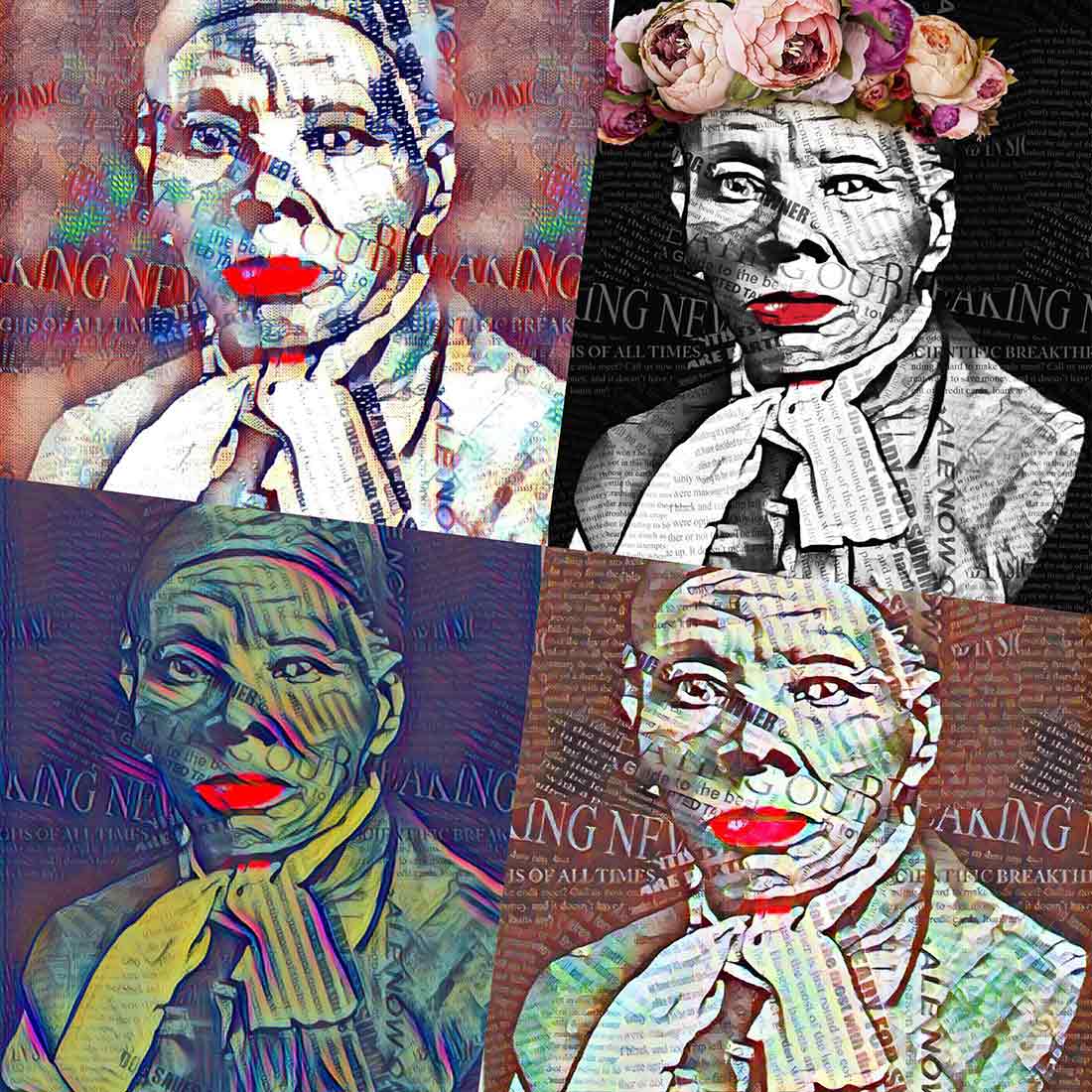On anticipation of Harriet Tubman withdrawing fifty dollars cash
Two twenties and a ten:
I prefer dead presidents on the bills. A gray-haired
clerk shares her bit on Andrew Jackson’s
twenty-dollar replacement in the ornate lobby of
Iowa State Bank in Sheldon the 22nd day of
April, 2016.
Jackson allowed his laborers to breed at his
plantation in Nashville. He owned more than
three hundred men, women and children throughout
his life.
Cash cotton $ Cash money
Jackson offered FIFTY DOLLARS REWARD
for fugitive slaves
…and ten dollars extra for every hundred lashes
any person will give him to the amount of three hundred.
—Andrew Jackson, ‘Stop the Runaway’
in Tennessee Gazette, November 7, 1804.
We need a woman on a bill. The grey-haired
clerk narrowed her eyes to quarter
slots. A younger banker, helping. No one will
want those bills. I rung my face out tightly, a
sopping wet dishcloth dripping over two
twenties and a ten.
Jackson looked at me smugly.
I need a woman on a bill, I said
right to his self-satisfied
pompous
papery
face.
I could have saved thousands – if only I’d been able to
convince them they were slaves. —Robin Morgan,
after a séance with Tubman as reported in
The Guardian, February 14, 2008
Harriet Tubman Gallery
Behind the art
April 2016 the Whitehouse announced Harriet Tubman, former African-American slave and Union spy during the Civil War, would bump Andrew Jackson, seventh President of the United States and known slave-owner, on the $20 US currency. Jackson will be relegated to the back of the $20 bill when the new bills are unveiled in 2020. | Robin Morgan used the closing Harriet Tubman quote in a feminist essay in 2008 appearing in The Guardian and Women’s Media Center. Historians believe the quote is fabricated, as it isn’t indicative of late nineteenth century language nor is it reflective of Tubman’s speech pattern.
